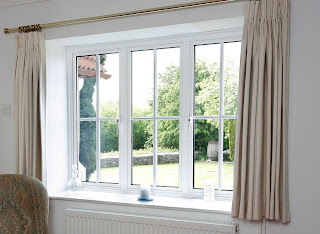Unveiling the Role of Aluminum Windows in Modern Architecture
Aluminum Windows in Modern Architecture
The integration of aluminum windows into the fabric of modern architecture deserves a detailed examination. The advancement of technology in this area has revolutionized aesthetics, sustainability, and energy efficiency in construction. Insights from industry experts reveal the profound influence of aluminum windows on current architectural trends. They highlight the material's design flexibility, durability, and its pivotal role in redefining the architectural landscape of today.
The Architectural Revolution Brought by Aluminum Windows
Aluminum windows have sparked a significant shift in modern architecture, providing architects with unmatched design flexibility and aesthetic variety. These windows, characterized by their minimalist yet striking frames, have become essential tools for architects, enabling them to define the essence of buildings. They merge aesthetics with functionality, achieving excellent thermal performance without sacrificing looks. The strength and durability of aluminum allow for the use of larger glass panels, flooding interiors with natural light and reinforcing the clean, crisp lines emblematic of contemporary design. Additionally, the environmental benefits of aluminum, including its full recyclability, underscore a commitment to sustainability within architectural practices.
Sustainability Through Energy Efficiency and Durability
The conversation around aluminum windows also touches on their contribution to energy efficiency and durability in modern architectural design. Aluminum's intrinsic qualities enhance these aspects, making it a preferred material among architects and builders for several reasons:
Aluminum windows serve as outstanding thermal insulators, which can significantly reduce reliance on artificial heating and cooling, thereby lowering energy costs.
Their ability to withstand adverse weather conditions translates to remarkable durability and longevity.
The corrosion resistance of aluminum further extends its lifespan and minimizes maintenance needs.
Aluminum's recyclability positions it as a sustainable choice in the construction sector, aligning with efforts toward a circular economy.
The combination of energy efficiency, durability, and sustainability attributes underscores the role of aluminum windows as a potent solution in contemporary architecture, facilitating sustainable construction practices.

.png)


Comments
Post a Comment